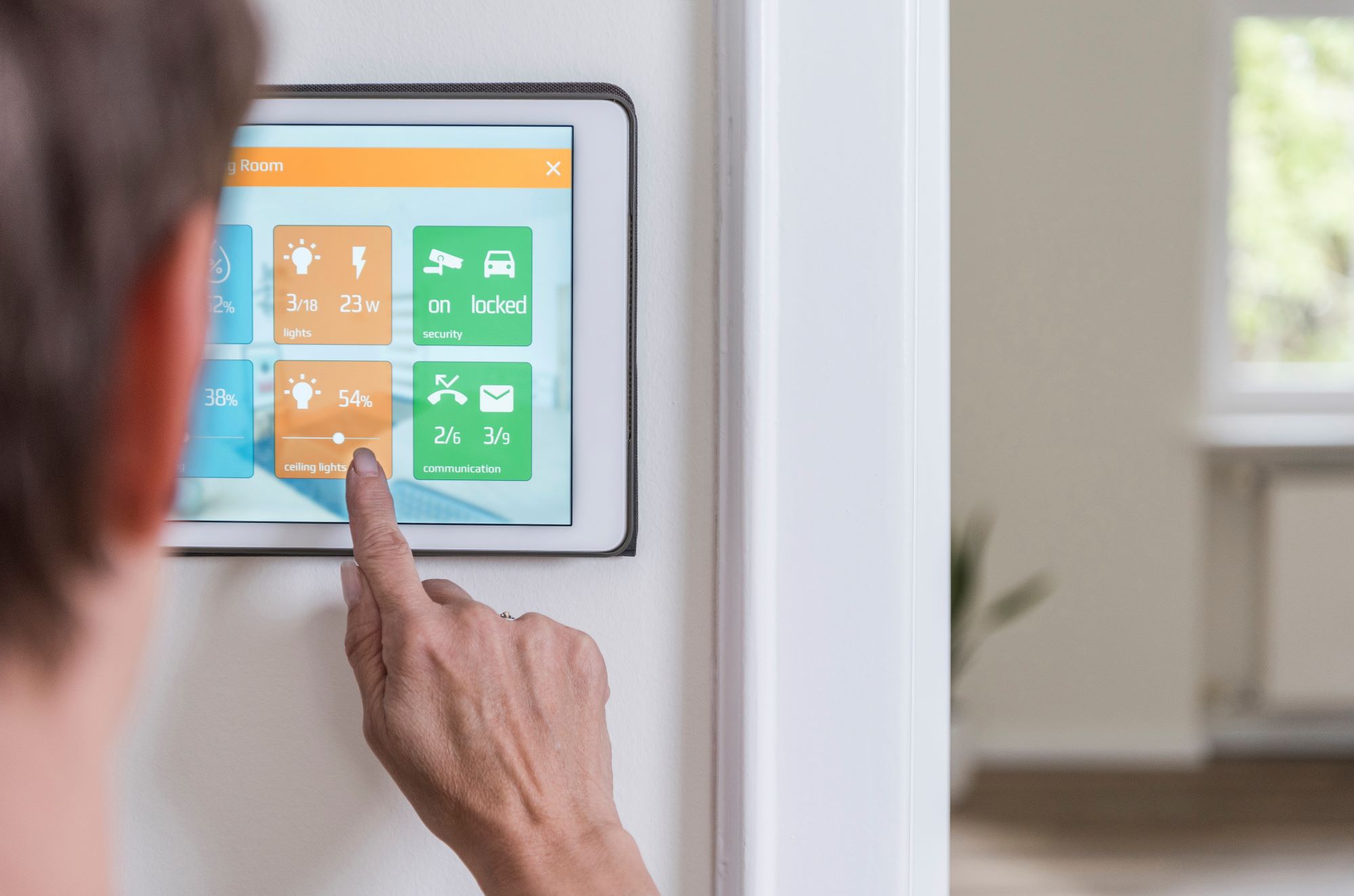Blog

Detect home emergencies with these 5 devices
You work hard to protect your house, but you can’t be expected to detect every danger that threatens it. What if you’re out of the house when a fire starts or asleep? What about an invisible or undetectable threat like carbon monoxide? These home safety detectors can help protect you in these situations and more.
- Smoke Alarms. Smoke alarms should be installed in and outside of every bedroom with at least one alarm per floor. Be sure to replace the batteries twice a year, even if your alarm is attached to the home’s electrical system. Run a quick test once a month to make sure those batteries and all the alarms are working properly.
- Carbon Monoxide Detector. Carbon monoxide (CO) is colorless, odorless, and deadly. Install CO detectors in the same locations as smoke alarms or look into alarms that detect both. If your CO detectors ever go off, quickly evacuate the home and call 911 or your local fire department, even if nothing seems amiss. Wait outside for emergency personnel to access the situation.
- Radon Detector. Radon exposure is the second leading cause of lung cancer behind smoking. It’s a colorless and odorless gas that can only be detected with home radon tests and detectors. Properly maintained radon detectors will continuously monitor radon gas levels in your home and alert you if it reaches unsafe levels. Depending on the level, your home may need radon mitigation.
- Gas Leak Detector. Gas leaks can quickly turn from a smelly nuisance to an explosive situation. Natural gas is odorless, but utility companies add a distinctive scent to it. If you smell it or your natural gas leak detector alerts you, you should avoid turning anything on that might cause a spark or flame. Immediately evacuate the home and call 911 or your local fire department. You can choose from hand-held devices or plug-in devices which offer continuous monitoring.
- Water Sensors. Get notified of water leaks before the damage is done with smart water sensors. Place the sensors in areas where unwanted water is most likely to leak such as a by your toilet, hot water tank, or washing machine. When properly set up, most are designed to alert you if water touches the sensor, such as through an app on your smartphone or computer. Consider adding an automatic water shut-off valve to your main line which is designed to automatically turn the water off when a leak is detected.
For informational purposes only and may not be applicable to all situations.







